Humanity is in need of a design shift, as it faces “wicked problems” such as climate change, says designer Donald A. Norman. The design of your everyday world is failing you and society as a whole, perpetuating unsustainable patterns that serve the needs of the powerful and wealthy at the expense of the most vulnerable and those living in poverty. Leveraging systems thinking and calling for a new “humanity-centered design” ethos, Norman will inspire you to reclaim your agency by taking control of the design choices you face each day.
If you want to “save the world,” make better design choices.
Humans have designed nearly every aspect of the world today, from the trees that grow – and don’t grow – in your neighborhood to the norms silently dictating the polite way to eat. In fact, everything you view as part of your reality is artificial, in a sense, ranging from geographic borders to money itself. Yet, few people view the constructs governing their lives as human-designed, viewing them instead as “natural,” as they’ve been in place for so long. This needs to change, because many of humanity’s design choices are failing us, and it’s time to work to improve the ideas, laws, beliefs, customs and forms of government that shape our current reality. The complex systems shaping life on this planet are largely unsustainable, leaving humanity on the brink of depleting its natural resources, in a climate crisis and perpetuating socioeconomic disparities.
Luckily, every human designs and has the power to enact change. Any time you make a deliberate choice to modify your behavior to execute an action more effectively...
Donald A. Norman is the author of numerous books about design, including The Design of Everyday Things; Emotional Design; Living with Complexity; and The Design of Future Things. He’s also the director of the Design Lab at the University of California, San Diego. Business Week named him one of “the world’s most influential designers.”









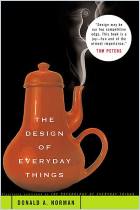
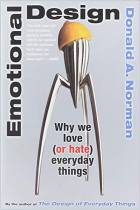
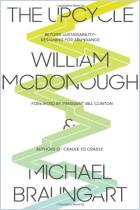
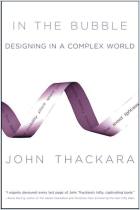
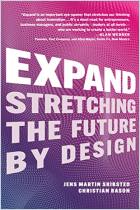
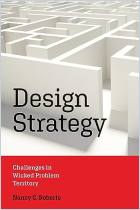
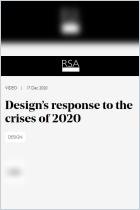
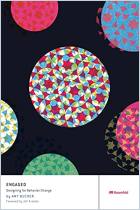




Comment on this summary or Comenzar discusión